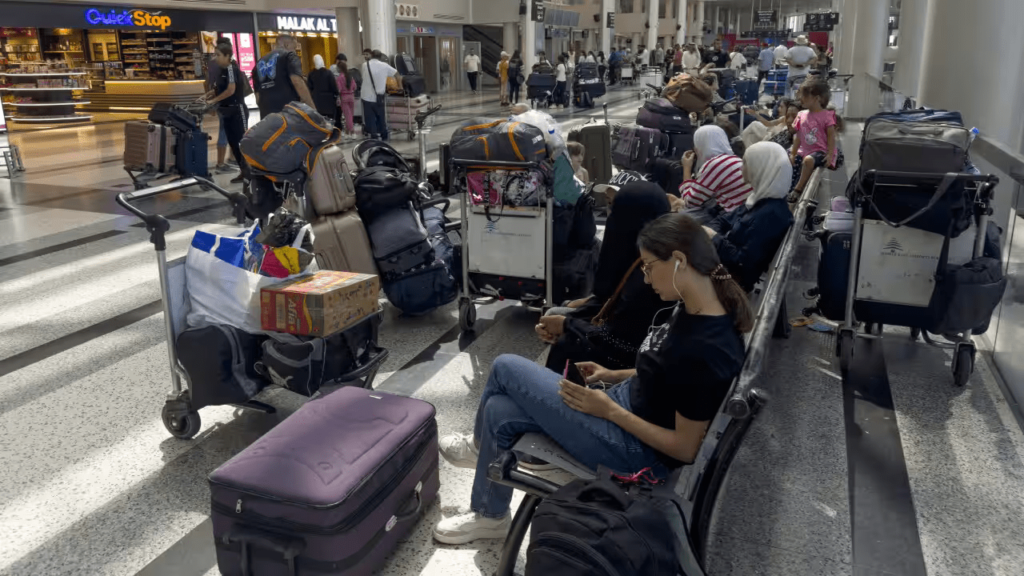As tensions escalate in the Middle East, several countries have advised their citizens to leave Lebanon, with the US urging its nationals to secure “any ticket available” out of the country. This advice comes in response to growing fears of a broader regional conflict.
The call for evacuation follows a series of violent incidents. Iran has vowed “severe” retaliation against Israel following the assassination of Hamas political chief Ismail Haniyeh in Tehran on Wednesday. Israel has not yet commented on the incident. Haniyeh’s killing occurred just hours after Israel targeted and killed Hezbollah senior commander Fuad Shukr in Beirut.
Western officials are concerned that Hezbollah, an Iran-backed militia and political group based in Lebanon, might retaliate, potentially leading to a severe Israeli response. Diplomatic efforts by the US and other Western countries are ongoing to de-escalate the situation.
In response to the escalating tensions, the US, UK, Sweden, France, Canada, and Jordan have all urged their citizens to leave Lebanon as soon as possible. The situation at Beirut’s sole commercial airport has become increasingly difficult, with many flights canceled or suspended and ticket prices rising sharply. Despite this, there has been no widespread panic or immediate rush to leave.
Hezbollah’s vow to respond to Shukr’s assassination has heightened fears of further conflict. The group launched dozens of rockets at the northern Israeli town of Beit Hillel early on Sunday, but Israel’s Iron Dome air defense system intercepted the projectiles, and there have been no reported casualties. In retaliation, Israel’s air force struck targets in southern Lebanon.
In a separate incident on Sunday morning, a stabbing attack in the Israeli city of Holon resulted in the deaths of two people. The attacker was “neutralized” by the police.
The US embassy in Beirut has advised those remaining in Lebanon to “prepare contingency plans” and be ready to “shelter in place for an extended period.” The Pentagon has announced the deployment of additional warships and fighter jets to the region to bolster defense measures against potential Iranian attacks and its proxies. This move mirrors the strategy employed in April when Iran launched over 300 missiles and drones at Israel in response to an attack on its diplomatic compound in Syria, which Iran blamed on Israel.
As the situation develops, the international community remains on high alert, and efforts to stabilize the region continue.


